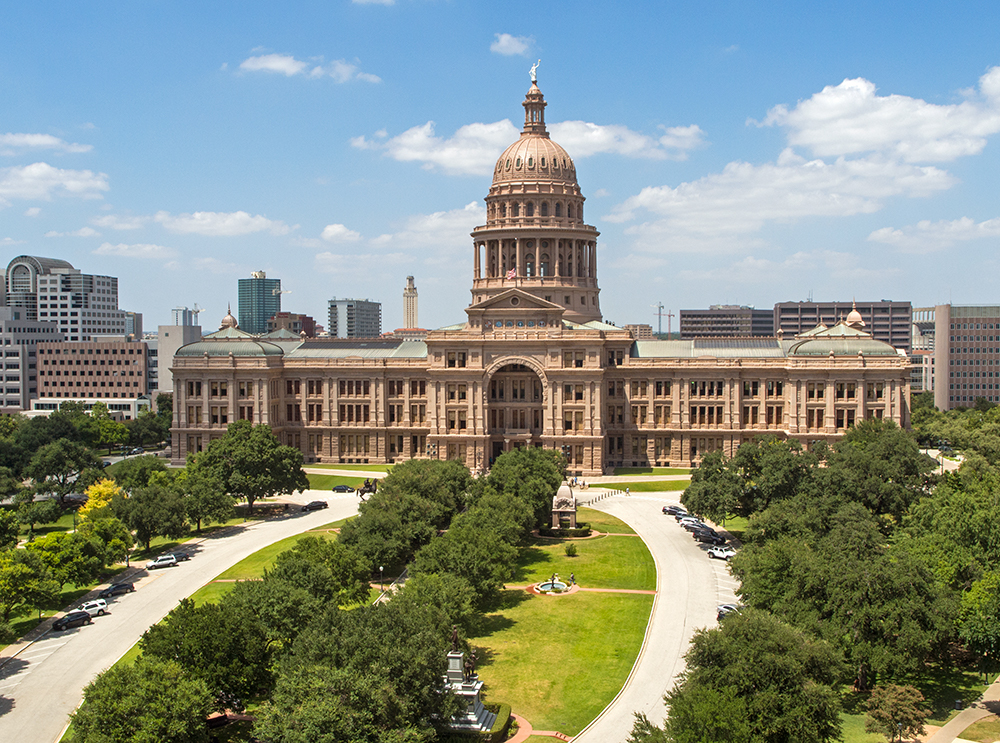Already a subscriber? Make sure to log into your account before viewing this content. You can access your account by hitting the “login” button on the top right corner. Still unable to see the content after signing in? Make sure your card on file is up-to-date.
The Supreme Court of Texas has rejected a challenge to the state’s near-total abortion ban, ruling that the law’s medical exceptions do not require further clarification.
In a unanimous decision, the court ruled that while Texas prohibits abortions in most cases, the existing medical exceptions are sufficient to allow doctors to intervene when a woman’s life is at risk. The justices confirmed that physicians could perform life-saving abortions if they exercise reasonable medical judgment, even when the risk of death is not imminent.

The case, Zurawski v. Texas, began in March 2023 when five women, whose health was at risk due to their pregnancies, were denied abortions under the Texas ban. By the time the case reached the state Supreme Court in November, the number of plaintiffs had grown to 22, including 20 women and two doctors. The lawsuit was a landmark medical-based challenge following the U.S. Supreme Court’s overturning of Roe v. Wade, seeking only to clarify the conditions under which abortions could be legally performed.
Plaintiffs argued that the 2021 law, despite intending to allow life-saving abortions, was too vague and punitive, effectively preventing necessary medical procedures and endangering women’s lives. The law imposes severe penalties on doctors, including up to 99 years in prison and substantial fines, which plaintiffs claimed discouraged physicians from performing abortions even when medically necessary.
In August, a district court judge had temporarily modified the law’s language, substituting “reasonable medical judgment” with “good faith judgment,” allowing abortions in complicated pregnancies. However, Texas Attorney General Ken Paxton immediately appealed, reinstating the original language and halting the temporary relief.
On Friday, the Texas Supreme Court overruled the lower court’s decision, claiming that it lacked constitutional justification to alter the law. The court emphasized that doctors must follow the law as written, maintaining that physicians incorrectly interpret the law as preventing life-saving abortions.
The Center for Reproductive Rights criticized the ruling, stating it fails to provide clear guidelines for when doctors can perform abortions for medical reasons and disregards the women who brought the case.






